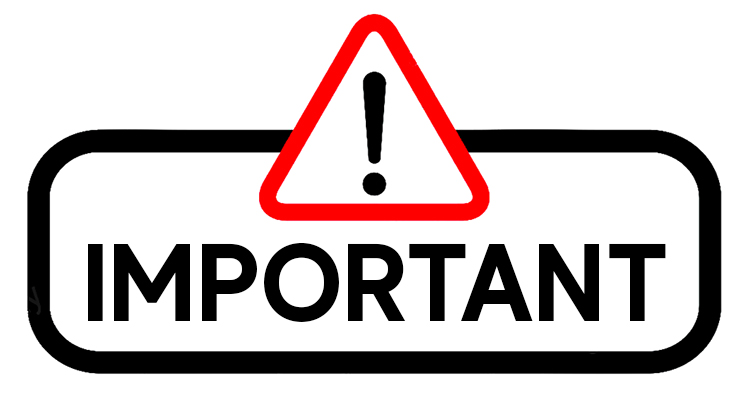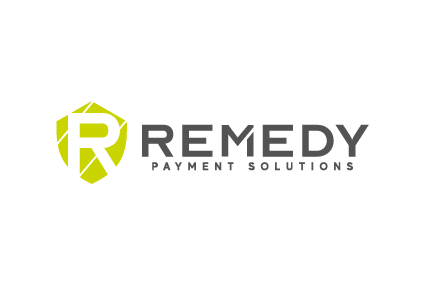Who decides if your bank account is funded for a transaction that you process?
Remedy Payments engages with a partner bank (funding bank) that agrees to provide funds to you immediately on behalf of the bank that issued your customer’s credit card. Let’s say your customer used a Wells Fargo Visa to make a $10,000 purchase.
Our funding bank provides the $10,000 into your Merchant Account overnight and then contacts Wells Fargo to ask for reimbursement for the amount they advanced to you. As a result of this relationship, the funding bank owns and manages the risk of every single transaction they process. If your customer disputes a transaction processed and your business bank account does not have enough funds to cover the transaction, the funding bank is on the hook to provide the funds to your customer. Funding banks assume a great deal of risk when underwriting a new merchant processing account.
This is important to note as Remedy Payments has no control over risk holds or delays in funding except to serve as your advocate based upon what we know about you, your business and our history of doing business together with you.
Your merchant processing application outlines your business’s expected annual credit card volume, the average individual transaction amount, and the highest individual transaction amount. These numbers are not place holders and they have a significant impact on the underwriting process the funding bank conducts when deciding whether or not to approve a new merchant account.

As a business owner, it is important to understand the volume figures associated with your merchant processing account to prevent funding delays and “risk holds”. As your business evolves and grows, it is important to keep your payment processor (like Remedy Payments) up to speed so they can keep the funding bank up to speed on your account to prevent the previously mentioned.
If your business deviates and exceeds the volume figures provided to the bank, flags will get raised, your account will be placed on a “risk hold”, there will be funding delays, and an additional “risk review” of your merchant processing account will be required. Account reviews typically entail the following and will likely be required to have the “risk review” conducted and removed from your merchant processing account.
- Bank Statements: The funding bank will want to see 3 months of recent bank statements to confirm the bank account balances support the uptick in transactional volumes.
- Invoices: The funding bank will want to see invoices or contracts for recent large purchases. The funding bank will likely reach out to the cardholders to confirm they will not be disputing the transactions with their credit card provider.
- Questions: The funding bank will have additional questions about the delivery schedule of your products/services.
- Online Reviews: The funding bank may review your most recent online reviews to see what customers are saying about your products/services. Negative reviews will work against your business’s ability to have a “risk hold” removed.
- Business Tax Returns: The funding bank may request to see 1-2 years of recent tax returns to validate the business’s financial health.
- YTD Balance Sheet & Profit Loss Statement: The bank may request to see a year to date balance sheet and profit loss statement to validate the business’s financial health.
At Remedy, we will work hand in hand with your business as we present your case to the funding bank. We’re here to fight for you and to make sure you are treated fairly.
Please, let us help keep your account in good standing!
Remedy Payment Solutions is powered by Chosen Payments whom is a registered ISO and FSP of Wells Fargo Bank, N.A., Concord, CA and BBVA USA, Birmingham, AL., and Elavon, Inc., N.A., Atlanta, GA and Evolve Bank & Trust; Memphis, TN., and Merrick Bank, N.A., Draper, UT.

